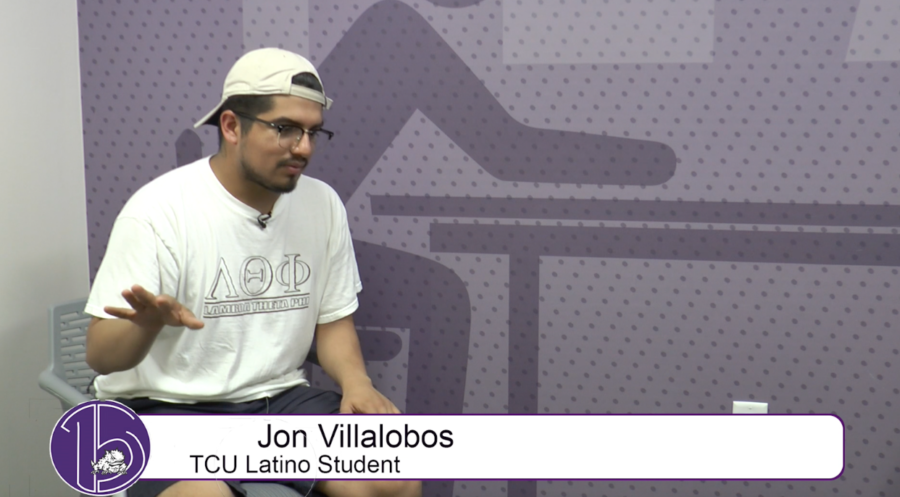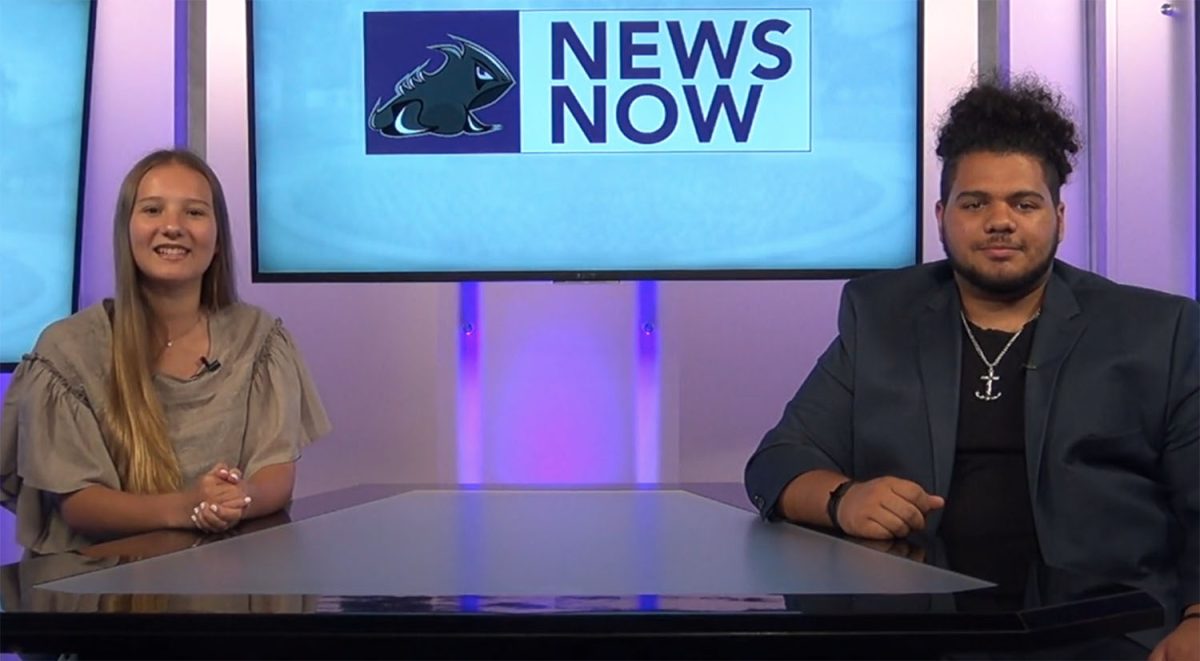Attorney General Jeff Sessions said last week that victims of gang or domestic violence no longer qualify for asylum in the United States. It’s a change meant to address the nation’s increasing backlog of asylum applications.
Sessions said the government is hiring 100 immigration judges to handle the backlog. According to U.S. Citizenship and Immigration Services, there are 311,000 pending asylum cases as of Jan. 21, 2018. About 3 million refugees have resettled in the U.S. since Congress passed the Refugee Act of 1980, which created the Federal Refugee Resettlement Program and the current national standard for the screening and admission of refugees into the country.
But the increase in refugees, who wish to be considered for asylum, has created a raging political debate about how to best deal with them — even on TCU’s campus.
“Refugees have become a flashpoint for political conservative,” said John Singleton, TCU’s director of international services. “People are confusing what a refugee is.”
That confusion, Singleton said, is often because people don’t know much about the circumstances that bring refugees to the country. They are often fleeing difficult lives in their home country — often based on a fear of being persecuted because of their race, religion, nationality, membership in a particular social group or political opinion — and then are placed in camps which aren’t much better, Singleton said.
“A refugee starts with a really difficult life,” he said. “Refugee camps are not summer camps, they are not boarding schools. They are horrific.”
For those refugees who’ve managed to gain admission to TCU, Singleton said, they’ve already proven that they are high achievers.
“This means that these kids are functioning at a crazy high level. They are the best of the best,” he said.
But Singleton would like to see if TCU could do more for those students.
“TCU doesn’t have resources for refugees,” Singleton said. “And I am going to be working on that.”













